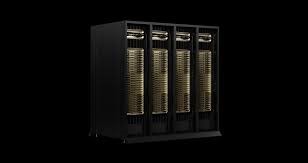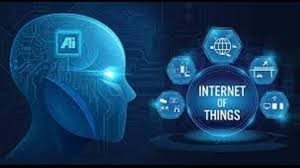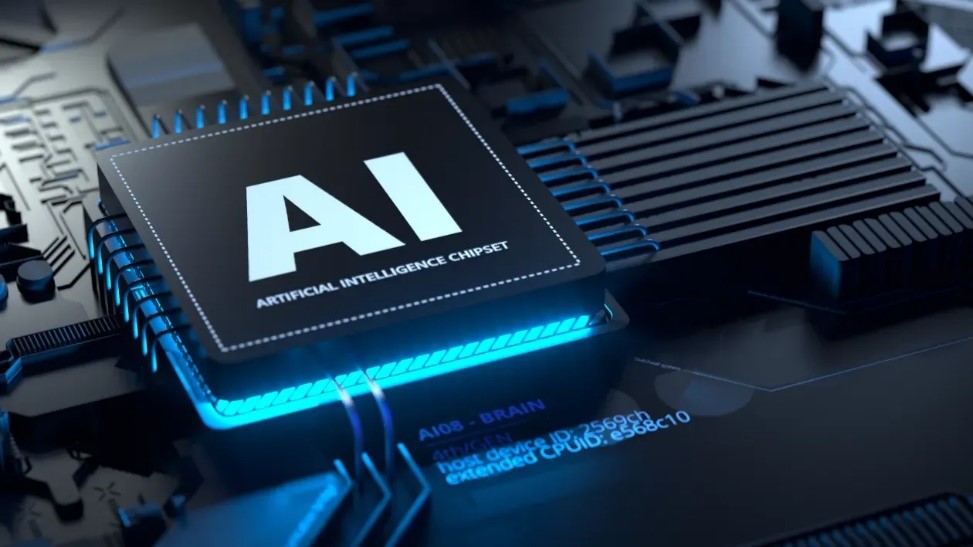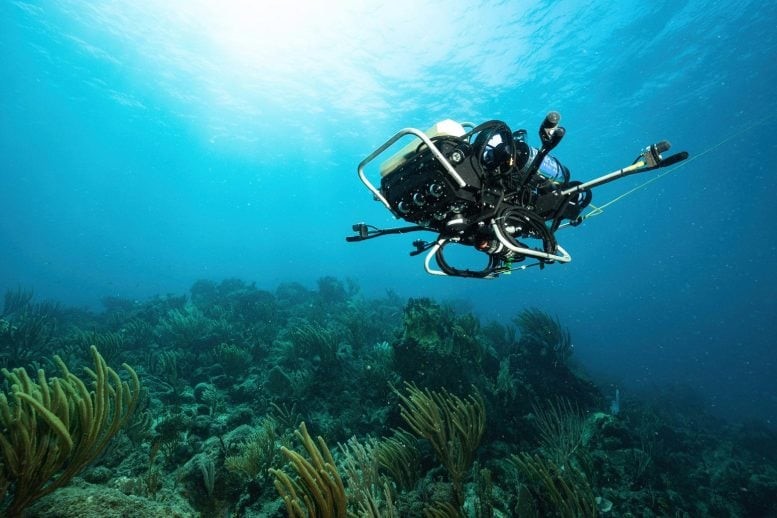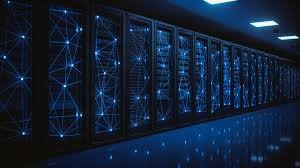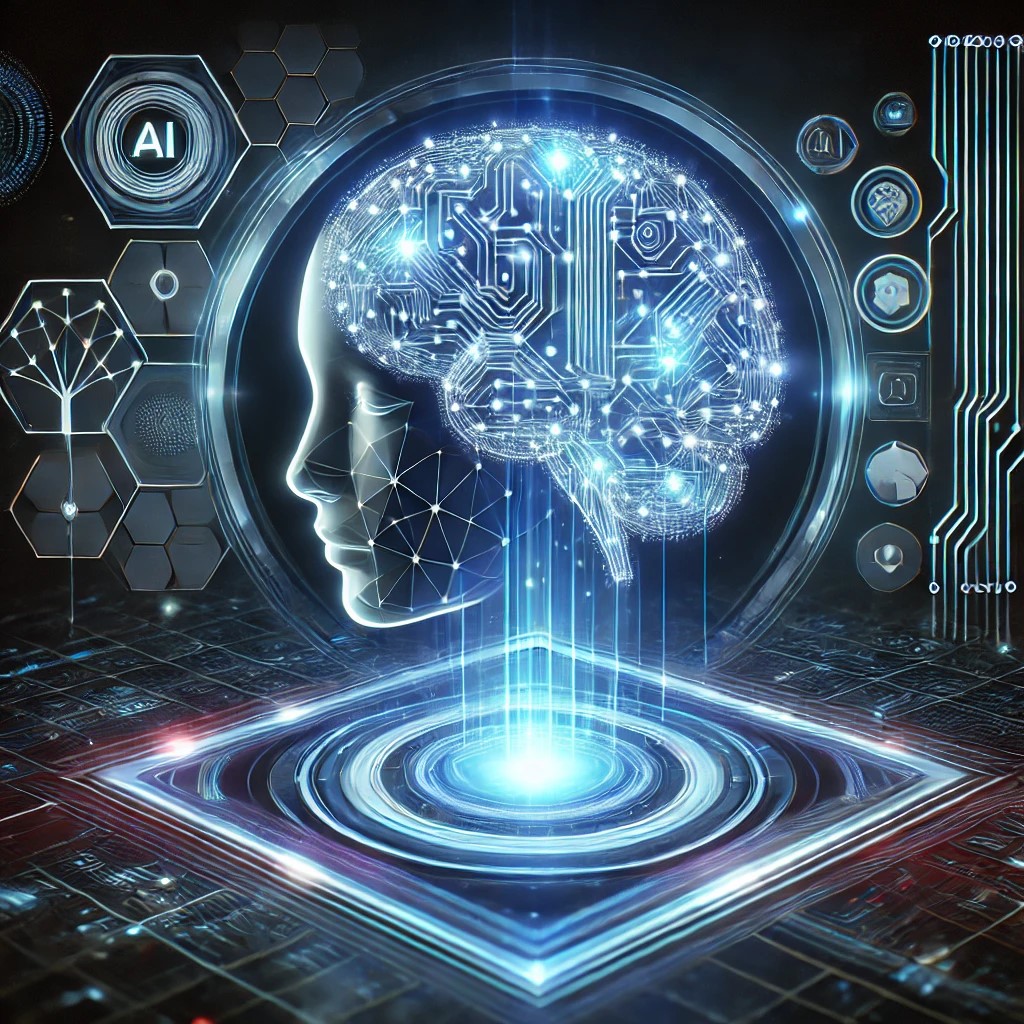What is an AI Server and Why Do AI Systems Require Specialized Hardware
AI servers are high-performance computing systems specifically designed to handle the demanding, resource-heavy workloads associated with artificial intelligence. Unlike traditional servers, they are optimized for tasks ranging from training to deployment. These servers can manage vast, ever-expanding datasets, perform intricate AI computations and algorithms, run complex simulations, and provide real-time insights.
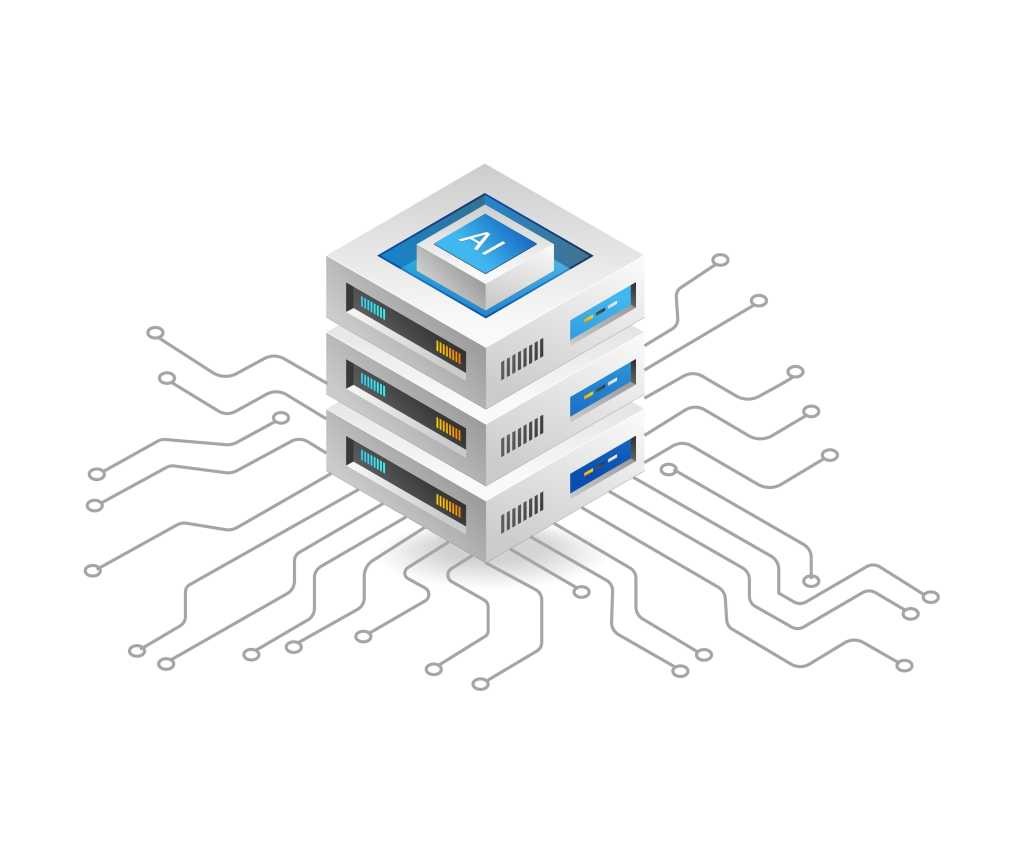
Figure 1. What is an AI Server and Why Do AI Systems Need Specialized Hardware?
Traditional servers, which rely on CPUs, RAM, high-speed networking, hard disk drives (HDDs), and solid-state drives (SSDs), are essential for modern high-performance computing (HPC). However, they were not designed to handle the intense demands of AI workloads. Figure 1 shows What is an AI Server and Why Do AI Systems Need Specialized Hardware?
To optimize speed, performance, and scalability, AI servers integrate specialized hardware that enables parallel processing across multiple GPUs. They may also utilize purpose-built AI hardware like tensor processing units (TPUs), field-programmable gate arrays (FPGAs), and application-specific integrated circuits (ASICs). Additionally, these servers are equipped with non-volatile memory express (NVMe) storage and high-bandwidth memory (HBM) for enhanced data access and throughput.
The Function of AI Servers
- Machine Learning (ML): A key branch of AI, ML enables systems to learn autonomously by analyzing data, identifying patterns, and making independent decisions. It can be applied to areas like predictive maintenance, recommender systems, security scans, and fraud or anomaly detection. ML also powers chatbots for customer service and employee support.
- AI Training and Inference: Training involves teaching models by feeding them various datasets, while inference refers to the model’s ability to respond to prompts and make predictions. Both are essential for ensuring the accuracy and reliability of AI models.
- Natural Language Processing (NLP) and Speech Recognition: These technologies enable AI systems to understand and process text and audio inputs. NLP supports applications like chatbots for customer service, initial information gathering, product recommendations, and sentiment analysis.
Choosing the Right AI Server
When selecting an AI server, it's important to consider the specific workloads your teams will handle. Here are key factors to keep in mind when evaluating AI server options:
- Identify Specific Tasks for AI:Applications that require less computational power—like basic NLP chatbots or simple generative AI—can run effectively on standalone CPUs or simpler GPU setups. However, if you're planning to deploy large-scale systems (such as AI agents), you'll need a more powerful and robust architecture to meet the demands of these complex tasks.
Work closely with vendors to understand the compute and memory requirements for your specific AI applications. This will help you determine the ideal combination of hardware and software to meet your needs. Additionally, pay attention to networking and input/output (I/O) capabilities, as they must be able to support the demands of AI workloads. Even with advanced infrastructure, it’s ineffective if your network can’t handle the load.
Identify the Right Deployment Option: AI server hosting options include on-premises, cloud-based, or hybrid solutions.- On-premises servers (leased or owned) are a good option for enterprises in compliance-heavy industries, but they come with high upfront costs and require ongoing maintenance. Consider space, cooling, and power needs.
- Cloud-based AI servers are flexible and scalable, offering the advantage of vendor support. With pay-as-you-go pricing, they allow you to adjust usage as needed without incurring high initial costs.
- Hybrid models combine on-premises and cloud computing, offering the benefits of both. If you have the resources, this option allows you to leverage the strengths of each without being locked into one.
Tips for Optimizing AI Server Performance and Scalability
Once your AI server is in place, continuous optimization and management are essential. Servers, much like AI models, require regular attention and adjustment. Keep these important factors in mind:
- AI-powered Monitoring and Management: AI can help optimize server performance by autonomously monitoring system health, automating tasks, providing predictive insights, identifying anomalies, and supporting incident response. This creates a more efficient and proactive server environment.
- Load Balancing Devices: These devices distribute workloads across multiple servers to prevent any single server from becoming overloaded. This is crucial for maintaining high performance, avoiding bottlenecks, and preventing system outages, ensuring smooth and scalable operation.
Source: NETWORK WORLD
Cite this article:
Priyadharshini S (2025), What is an AI Server and Why Do AI Systems Require Specialized Hardware, AnaTechMaz, pp. 578



